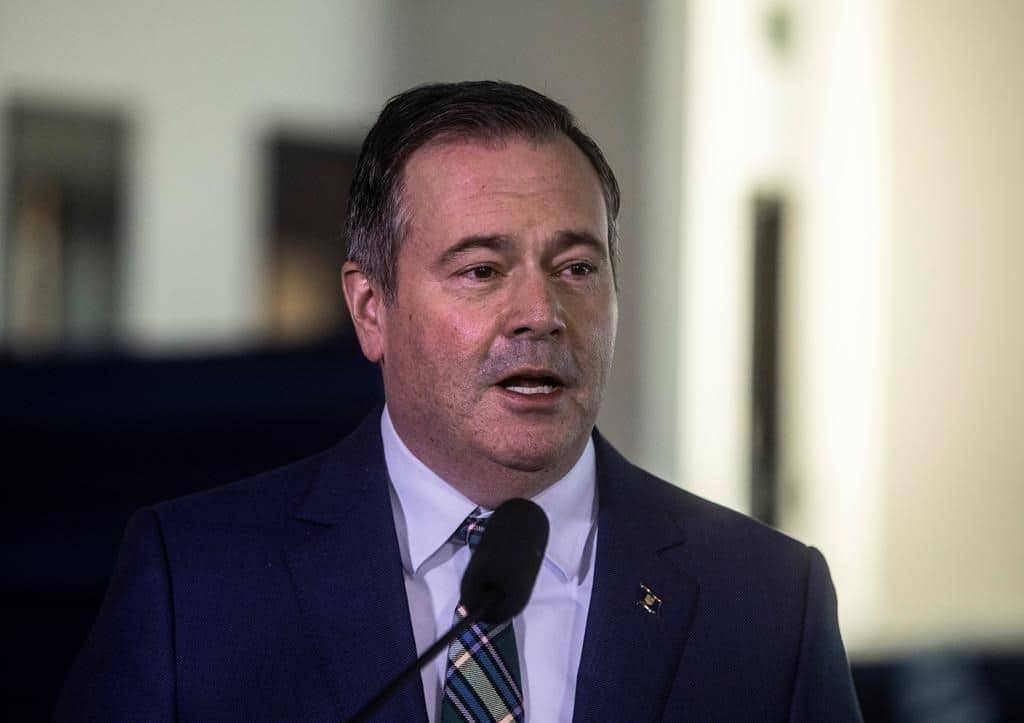Alberta’s premier responds to BC’s move to decriminalize small possession of illicit drugs

Alberta’s premier Jason Kenney had strong words about BC’s move to allow small possession of illicit drugs.
The move aims to de-stigmatize the issue and advocates hope it continues in Alberta.
While BC moves to decriminalize small possession of drugs like opioids, cocaine, and MDMA – Alberta premier Jason Kenney taking issue and speaking out against it.
Advertisement
Kenney issued a statement on Twitter Wednesday, saying this will normalize use, and said “Alberta’s government will never allow our communities to become sanctuaries for cartels and drug traffickers. This action will likely result in a dramatic increase in drug use, violence, trafficking, and addiction. Something that health systems are already overburdened with.”
Related Article: Why is B.C. decriminalizing drugs? And will it help?
Executive Director of Each and Every, a coalition supporting harm reduction and policy-based solutions to drug poisoning, Euan Thomson says the premier has it wrong.
“People who use drugs don’t need police in their lives, they need support networks, they need predictable supplies of drugs, housing in a lot of cases, but they don’t need more police,” said Thomson.
Beginning January 2023, BC will allow the possession of up to 2.5 grams – something the federal government also granted in an effort to make drug use a health issue rather than a criminal one.
“It’s a symbolic victory for a lot of people,” said Thomson.
Thomson says while this change is monumental – BC had asked for 4.5 grams but was only given 2.5 and this could lead to more arrests.
Related Article: Canada not yet expanding drug decriminalization nationally: feds
“Now what we’ve got is a hard limit on what you’re allowed to have. And so that’s a black and white situation, it’s not as much left to officer discretion. So anyone that’s above that 2.5 gram limit even if it’s 90 per cent baking soda or whatever it’s still going to end up in a possession charge. That’s the unfortunate part of this that could happen,” said Thomson.
This comes as opioid-related deaths surged across the country, Alberta experiencing record deaths in 2021.
